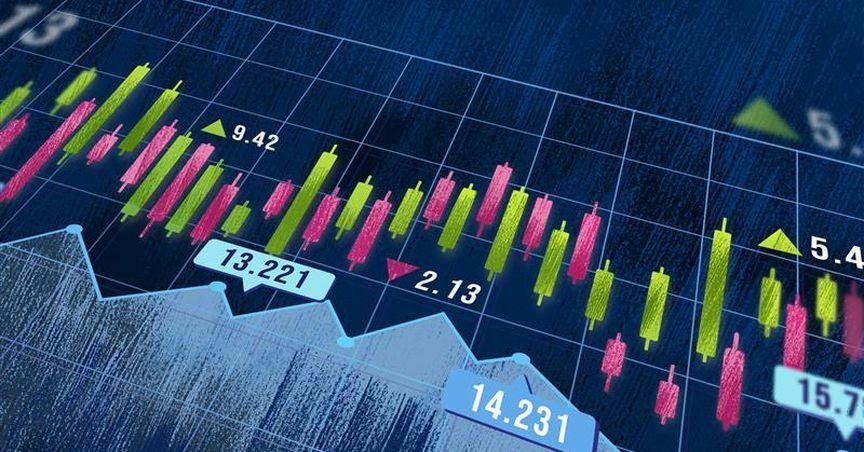Highlights
- Traders use rotating proxies to hide their identities online.
- Residential proxies offer better anonymity for extensive data collection.
- Encrypted messaging helps traders communicate privately.
- Strong account security, like two-factor authentication, protects traders’ activities.
- Institutional traders execute large trades anonymously to reduce market impact.
Trading is one of those digital activities that require a higher level of protection and data privacy. Additionally, some traders find it important to ensure anonymity while trading online. Why is that, and what digital tools do they use?
Proxy Servers: Safeguarding Traders’ Privacy Online
The masking effect of a proxy server allows traders to explore markets and information without leaving an obvious trace back to themselves. Beyond basic browsing, proxies enable traders to scour a wide range of online data sources without detection. In fact, many financial firms and savvy investors use rotating proxies along with web-scraping tools to gather vast amounts of market data and alternative information from around the globe. By cycling through different IP addresses, a rotating proxy network “adds another layer of online anonymity and security and makes it harder for web servers to track and block users”. This is crucial when, for example, a trader’s software is pinging dozens of news sites or social media pages for sentiment data – proxies prevent those sites from flagging or throttling the data gathering.
Today’s proxy platforms offer so many options that can be truly valuable for traders. For instance, Webshare offers various types of proxies, including rotating and residential. But which one would traders need more?
In general, traders dealing with large-scale data collection or frequent queries find rotating proxies to be more versatile – especially rotating residential proxies, which combine both benefits. A pool of rotating residential proxies gives continuous IP change along with the credibility of real residential IPs, allowing traders to gather extensive data with minimal risk of blocks or detection. By constantly cycling IP addresses, rotating proxies ensure that traders remain one step ahead of rate-limits and IP bans, all while keeping their identity shielded.
On the other hand, a single static residential proxy might be useful for maintaining a stable session (for example, logging into a trading platform from a consistent but anonymized address), but it won’t be as effective for heavy data mining. For most use cases in trading research, the ability to rotate IPs is the more critical factor – making rotating proxy solutions the go-to choice for anonymity-conscious traders.
Beyond Proxies: Additional Digital Security Practices for Traders
Proxy servers are just one piece of the anonymity puzzle. In the modern era, traders employ a suite of other tools and practices to keep their online activities private and their accounts secure. As the financial industry (especially areas like cryptocurrency) has grown, “privacy and anonymity have become top concerns for traders and investors”. Here are some of the key digital security measures traders turn to in order to protect themselves beyond using proxies:
- Encrypted Communication: A trading team may use secure messaging apps (like Signal or other encrypted messengers) to chat about moves without fear of interception. Email and file-sharing can likewise be encrypted. By using strong encryption, traders keep their intellectual property and personal details under wraps, adding another facet to anonymity – confidentiality of communication.
- Account Security and 2FA: While 2FA is more about security than anonymity, it contributes to a trader’s overall digital safety plan. It keeps accounts private and prevents unauthorized actions that could expose or jeopardize a trader’s positions. Many traders also use password managers to generate and store complex, unique passwords, and they keep their devices secure with antivirus and firewalls – all basic hygiene that supports their privacy in the long run.
In addition to these tools, traders (especially at the institutional level) often structure their actual trading activity to be as discreet as possible. Large investors commonly execute sizable orders through algorithms or dark pools that conceal their identity and intentions. These private trading venues allow big trades to happen “while maintaining anonymity and reducing market impact”. In other words, by hiding the trader’s identity and the details of the order from the public order book, these methods prevent other market players from noticing a giant buy/sell order and reacting to it.
This kind of operational anonymity is crucial for not tipping the trader’s hand. Academic research supports the idea that secrecy can improve outcomes: one study found that “by strategically using anonymity when it is beneficial, traders reduce their execution costs”. In practice, this means traders choose when to stay anonymous – for example, breaking a large trade into smaller pieces or using an anonymous routing option – in order to avoid tipping off others and to get better prices on their trades.
The Dark Side of Proxy Use in Trading
While many traders use proxies for privacy and research, some also misuse them to engage in dishonest or illegal trading practices. For instance, a trader might use a proxy to hide their real identity while faking trades, a tactic known as wash trading, to make an asset seem more popular or valuable than it actually is. Others may use proxies to place fake buy or sell orders and cancel them before they go through, in a trick called spoofing, designed to mislead other market participants.
In the crypto world, proxies can also help people avoid location-based restrictions or hide illegal money transfers by disguising where they are. While using proxies is not illegal by itself, it becomes a concern when traders use them to hide harmful actions or break financial rules.
The article has been provided and sponsored by Team Webshare.io.
Disclaimer:
This article is sponsored by Webshare.io and is intended for informational purposes only. Kalkine Media does not endorse or promote the use of proxy tools or any other anonymity-related technologies for unlawful or non-compliant trading activities, including those in the cryptocurrency market. Readers are reminded to adhere to all applicable laws and regulatory guidelines when engaging in any form of trading. Kalkine Media disclaims all liability for misuse or misrepresentation of the tools mentioned herein.



.jpg)

